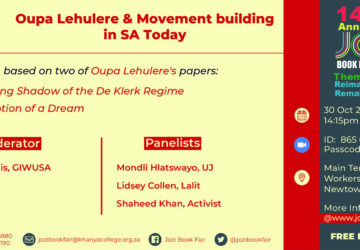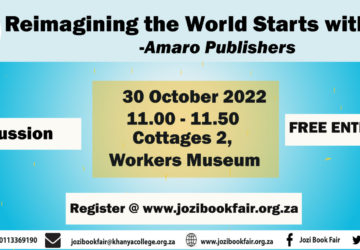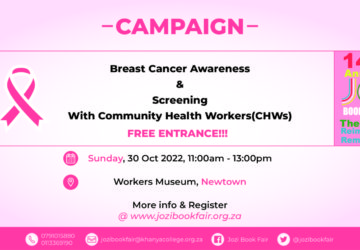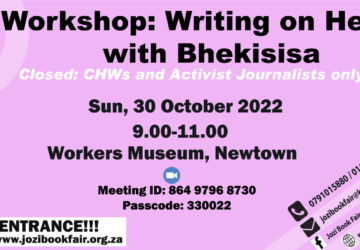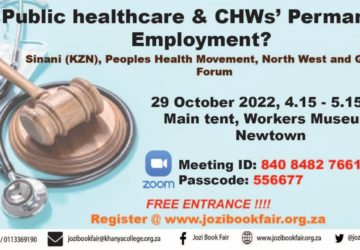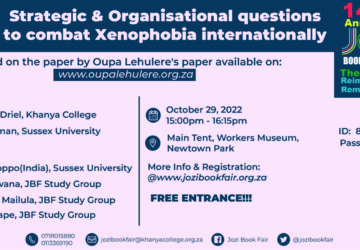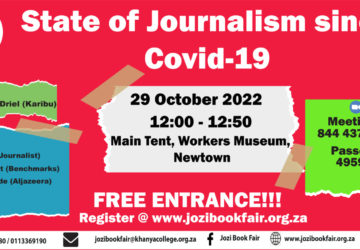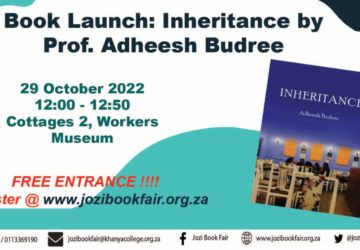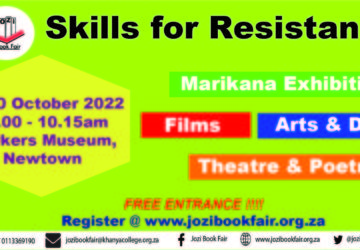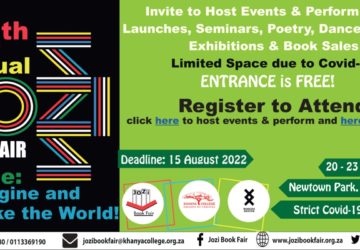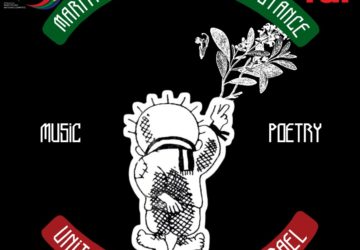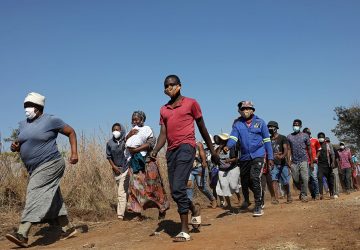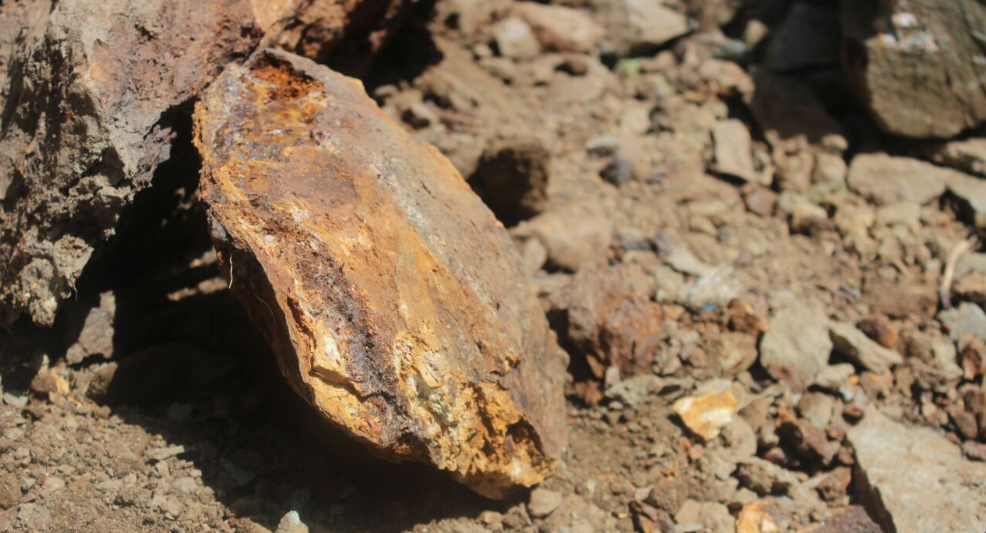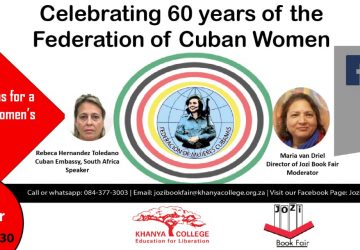An HIV-positive woman living in Cape Town claims that she was turned away at the hospital because she is a refugee.
“I have no solution to the type of life I am leading. The bread winner in my family is my 22-year old daughter who works only one day a week,” says Debora Assan a refugee from Democratic Republic of Congo (DRC). Her daughter works as a domestic worker in Muizenberg for R200 per day.
Assan (44) fled DRC when both her husband and one of her daughters were killed. She hitchhiked from DRC to Zimbabwe where she spent a month. While in Zimbabwe she was diagnosed with HIV/AIDS and was immediately put on medication.
The family did not use the official Beit Bridge border post route into South Africa since they had no passports. Her daughter was raped by the people who assisted them to cross the border illegally, Assan said.
“On arrival in Cape Town I stayed at what I think is a small refugee camp near Hanover Park for six months. Later we were asked to leave. I moved to Blikkiesdorp in Delft where I met other Congolese nationals,” says Assan.
Assan has been getting her medication either from Hanover Park, Delft or Mitchells Plain hospitals. She is weak and says she cannot walk long distances in search of work. Most of the time she stays indoors with her two children aged three and seven. “I have no money for paying fees for my children. All the time I am home with them,” she says.
Assan visited Cape Town Refugee Centre (CTRC) on 4 February 2017 pleading for any assistance. CTRC supplied her with a form to be completed by a doctor that could necessitate her getting financial aid or any other support.
“On 7 February 2017 I visited the Mitchells Plain Hospital seeking a doctor’s confirmation of my status but he refused to sign the document. This is the final nail in my life because I was hoping to get some form of assistance for my family,” she says.
In an email response the Department said that “The Western Cape Government Health can confirm that the patient was assisted by the doctor on duty on 7 February 2017 and told to provide more clarity from the Refugee Centre, as the form given to the doctor was not clear in terms of the requirements required … Once further clarity has been provided by the Refugee Centre then the Department will be able to assist the patient provided that she gives consent to have the doctor disclose her medical history”.
This article first appeared and was published by Elitsha, Workers World Media Production (WWMP)’s news platform (www.wwmp.org.za/elitsha/home/), on 1 April 2017.












